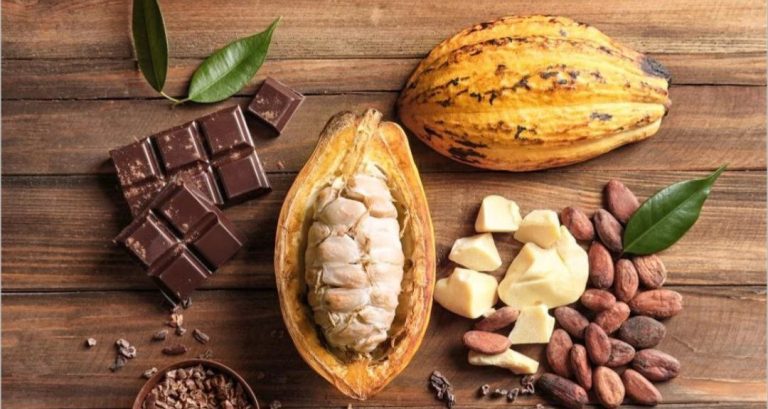Ghana’s cocoa regulator has warned that the country could face a moderate drop in plant production this season due to rising disease incidence caused by prolonged rainfall and insufficient sunlight.
The announcement, made on Tuesday, follows growing concerns from cocoa farmers who are calling for government support to cushion the effects of worsening weather conditions. Many have reported widespread black pod disease and other fungal infections, which thrive in damp conditions and weaken cocoa trees.
The Ghana Cocoa Board (COCOBOD) acknowledged the challenges, noting that persistent rains in major growing regions have created an environment for diseases to spread rapidly, threatening the health of it’s farms and reducing yield potential.
“As it stands, the excess rainfall, combined with low sunlight, is impacting the productivity of cocoa trees,” a COCOBOD official stated. “We expect a moderate decline in production if current conditions persist.”
Ghana, the world’s second-largest cocoa producer after Côte d’Ivoire, has already seen its cocoa output decline in recent seasons due to a combination of factors. These include erratic weather patterns, disease outbreaks, and illegal gold mining, also known as galamsey, which has destroyed vast stretches of the farmland.
Farmers are now urging the state to step in with targeted interventions such as disease control support, improved drainage systems, and climate-resilient farming practices.
COCOBOD says it is monitoring the situation and will consider measures to assist affected farmers. However, it also emphasized the need for long-term strategies to adapt to climate change and protect the country’s plant industry, which remains a vital pillar of Ghana’s economy.

